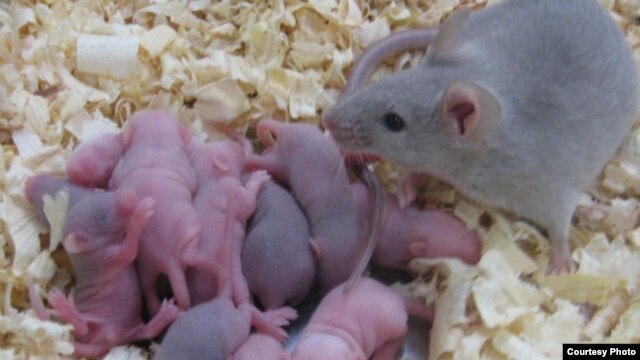National Socialist
Rookie
- Banned
- #1
New Published Study Verifies Andrew Wakefield?s Research on Autism ? Again (MMR Vaccine Causes Autism) | The Liberty Beacon
Courts quietly confirm MMR Vaccine causes Autism - Underground Health
Lets guess how long our resident nazi statists whine about this...proof is in the pudding kids...poison your kids at your own risk.
Courts quietly confirm MMR Vaccine causes Autism - Underground Health
Lets guess how long our resident nazi statists whine about this...proof is in the pudding kids...poison your kids at your own risk.




